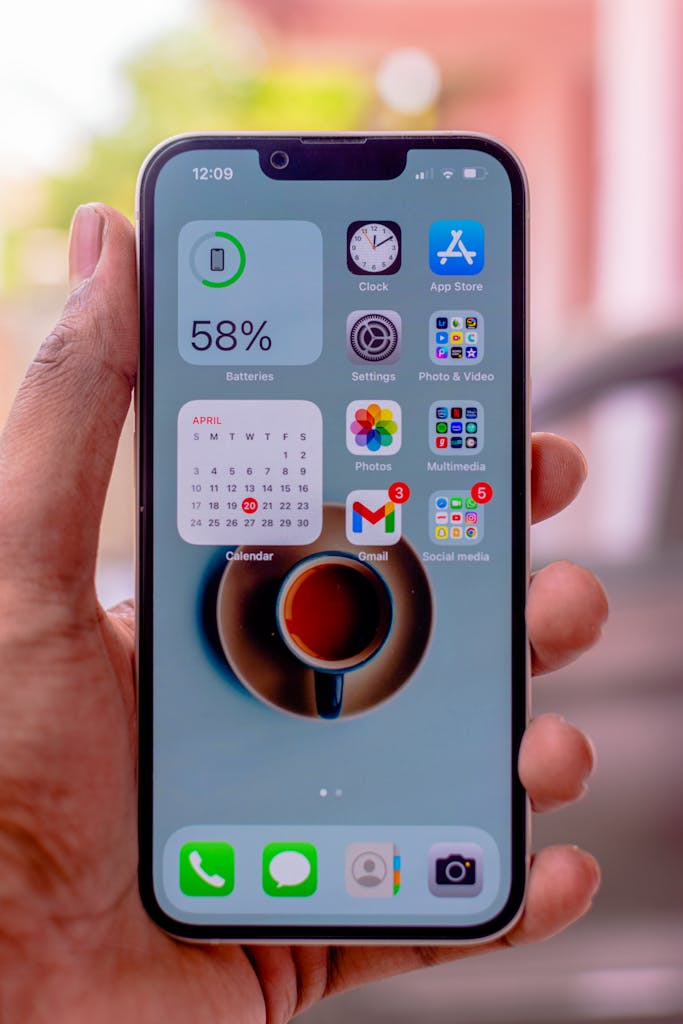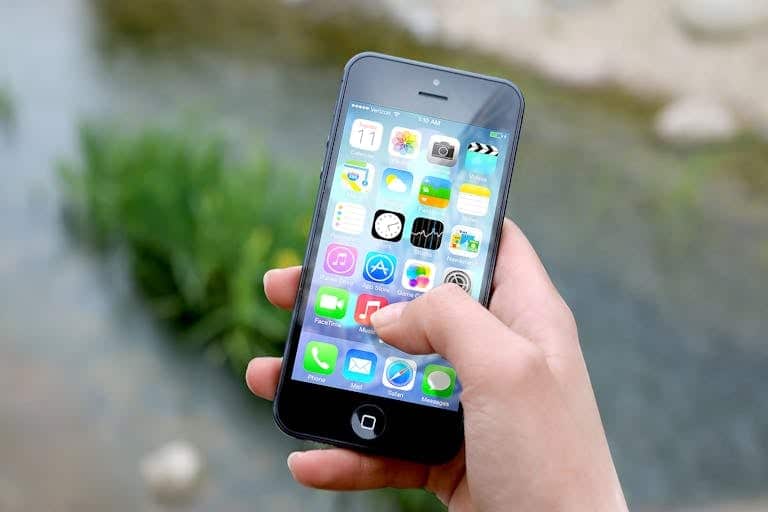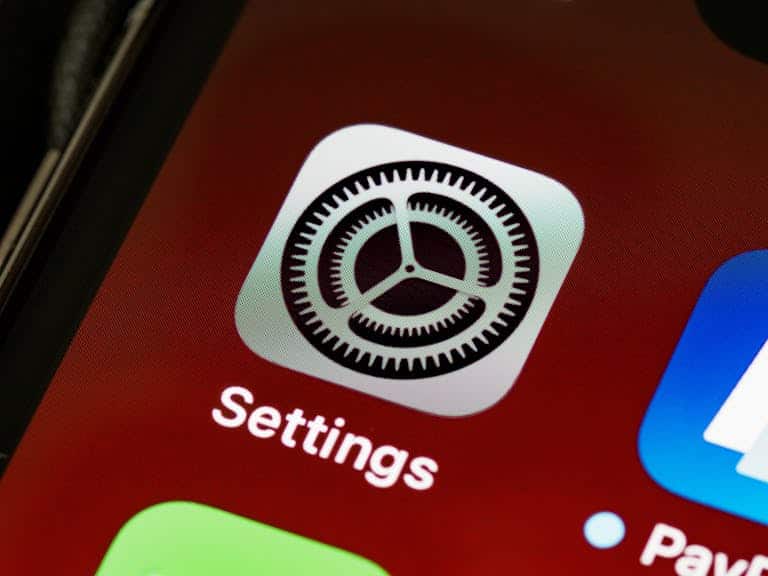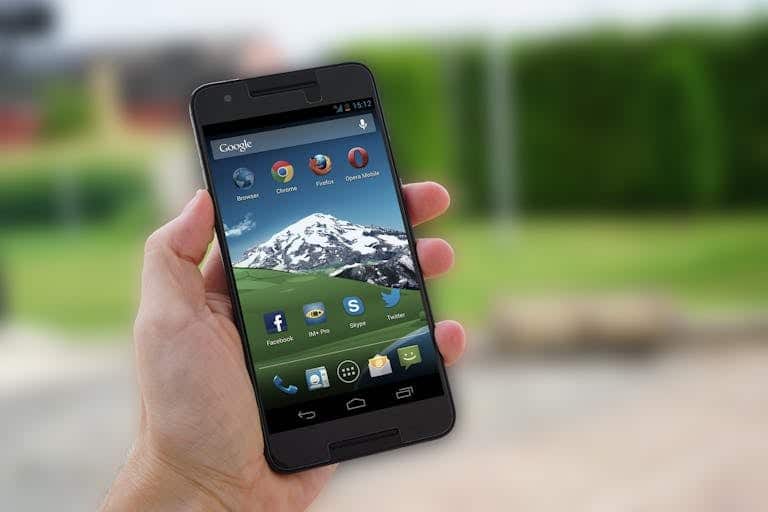Common Mobile Phone Privacy Myths Debunked

Introduction
In our hyper-connected world, mobile phones have become indispensable tools for communication, productivity, and entertainment. However, with their increasing prominence comes a significant concern: mobile phone privacy. Misunderstandings and myths about privacy often lead users to underestimate the risks associated with their devices. This article aims to debunk common myths surrounding mobile phone privacy, providing a clearer understanding of the actual vulnerabilities and solutions that can enhance personal security.
Importance of Mobile Phone Privacy
Mobile phone privacy is crucial because these devices store a wealth of personal information, from messages and emails to banking details and location data. Breaches in privacy can result in identity theft, financial loss, and unauthorized surveillance. As such, understanding the landscape of mobile phone security is essential not just for individual users but for society as a whole.
Moreover, the implications of compromised privacy extend beyond the individual, affecting corporations and governments. Organizations face reputational damage, operational disruption, and legal consequences when sensitive data is exposed. Hence, fostering a culture of awareness around mobile phone privacy is vital for everyone.
Myth 1: My Mobile Phone Is Always Listening
One pervasive myth is the belief that mobile phones are constantly listening to conversations, enabling targeted advertisements and surveillance. While it’s true that smartphones have voice activation features like Siri or Google Assistant, these tools require explicit activation. They are designed to listen for a trigger phrase instead of continuously recording audio.
Users can manage their device settings to minimize unwanted listening. For instance, disabling voice assistants or adjusting privacy preferences can significantly enhance security. Regularly checking these settings ensures that users remain in control of their device’s behavior.
Myth 2: App Permissions Don’t Matter
Another common misconception is that app permissions are irrelevant. In reality, permissions dictate what data and features an app can access, including contacts, photos, and location services. Apps often request permissions that may seem innocuous but can lead to significant privacy risks if mismanaged.
Users should regularly review app permissions and only grant access that is essential for functionality. For example, a weather app does not need access to your contacts. By limiting permissions, users can minimize the potential for data misuse by third-party applications.
Myth 3: Using Private Browsing Ensures Complete Privacy
Many individuals believe that utilizing private browsing or incognito mode guarantees complete online anonymity. However, this mode only prevents the browser from saving history, cookies, and site data. It does not shield users from tracking by websites, ISPs, or malicious actors.
To enhance online privacy, users should combine private browsing with VPN services and other security measures. Additionally, being aware of online activities and employing ad blockers can contribute to a more secure browsing experience.
Myth 4: Public Wi-Fi Is Safe as Long as I Use a VPN
While VPNs are essential tools for securing online activities, they do not provide an impenetrable shield against the risks of public Wi-Fi. Users often believe that as long as they are using a VPN, they are safe from all threats. However, vulnerabilities exist, such as unsecured networks, which can expose data even with a VPN in place.
Moreover, not all VPN services are created equal. Free VPNs may compromise security by logging user data or injecting ads. Therefore, relying solely on a VPN without adopting additional security practices—like avoiding sensitive transactions on unsecured networks—is ill-advised.
Myth 5: My Mobile Phone Is Immune to Hackers
A widespread belief is that mobile phones are largely immune to hacking attempts. This myth overlooks the fact that mobile devices often contain sensitive information that makes them prime targets for cybercriminals. Many users fail to recognize the potential vulnerabilities present in their devices, including outdated software, weak passwords, and unencrypted data.
To counteract these vulnerabilities, users should adopt best practices for mobile security. Regularly updating software, using strong, unique passwords, and enabling two-factor authentication can significantly reduce the likelihood of a successful hacking attempt. Awareness of phishing scams and suspicious links also plays a critical role in maintaining security.
Myth 6: Mobile Phones Can’t Track My Location
Another common myth is the belief that mobile phones cannot track a user’s location. In reality, smartphones utilize GPS technology, Wi-Fi networks, and cellular data to provide accurate location information. This tracking can occur even when users are unaware, as many apps request location access.
Users can manage location settings on their devices to limit tracking. Disabling location services for specific apps or turning off the feature entirely can enhance privacy. Understanding how and when location data is shared gives users more control over their personal information.
Conclusion
In summary, it is crucial to debunk myths surrounding mobile phone privacy to foster a more informed user base. By understanding that mobile devices are not immune to risks, that app permissions matter, and that public Wi-Fi can be dangerous, users can take proactive steps to protect their privacy. Awareness and education are the first lines of defense in an era where personal data is increasingly vulnerable.
FAQs
1. Are mobile phones always listening to me?
No, while voice-activated features exist, they only activate upon hearing a specific trigger phrase.
2. Why should I review app permissions?
Reviewing app permissions helps you control what data apps can access, minimizing privacy risks.
3. Does private browsing protect my privacy completely?
No, private browsing prevents history and data from being saved but does not provide full anonymity.
4. Is it safe to use public Wi-Fi with a VPN?
While a VPN adds security, public Wi-Fi still poses risks that users should be aware of.
5. How can I secure my mobile phone from hackers?
Regular updates, strong passwords, and awareness of phishing scams are essential for mobile security.
6. Can my phone track my location without my knowledge?
Yes, smartphones can track location using GPS, Wi-Fi, and cellular data, often without user awareness.



